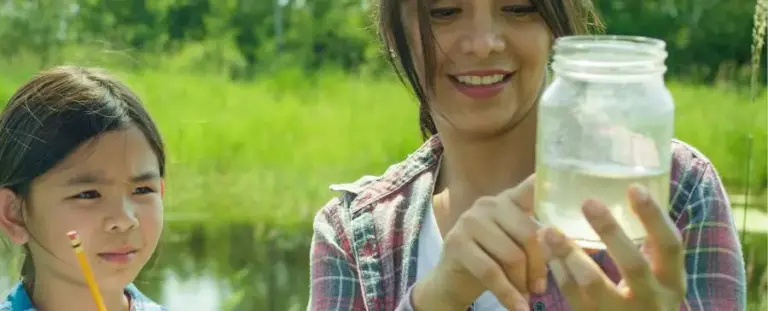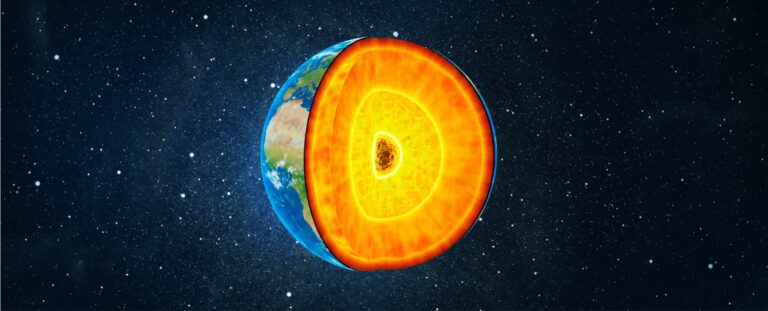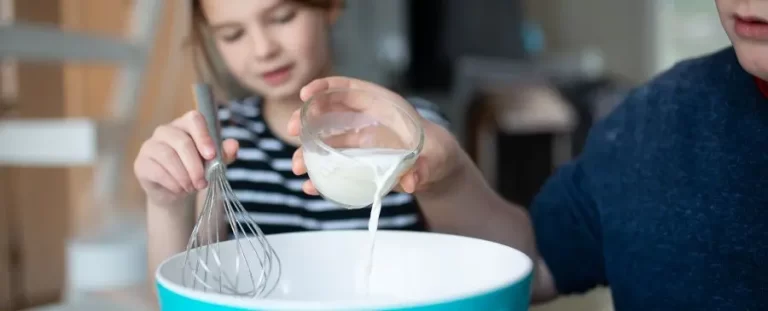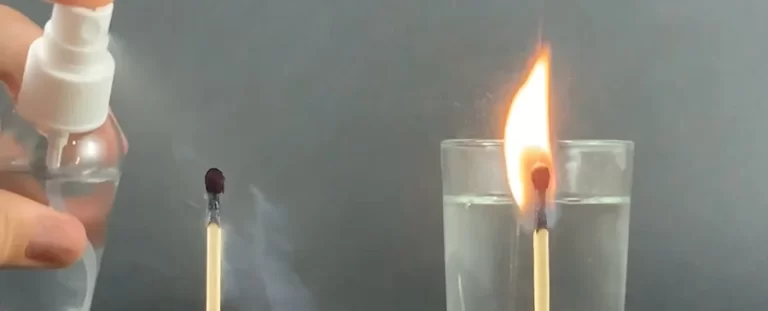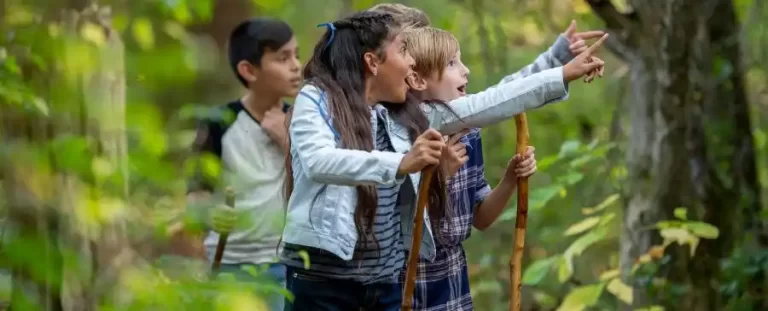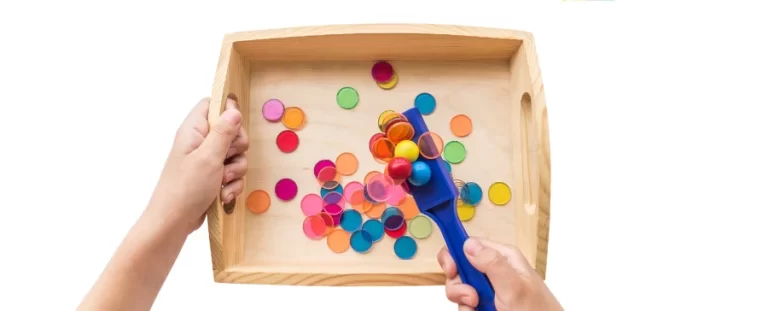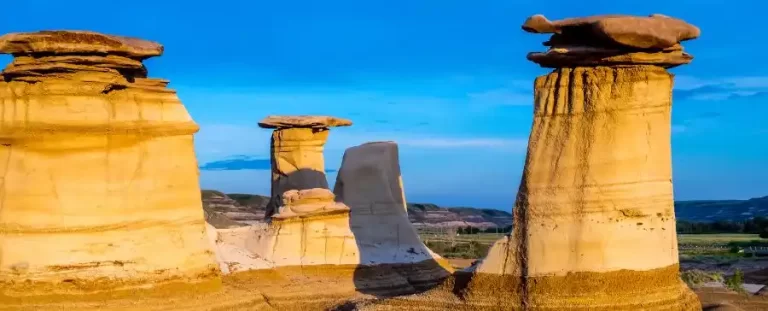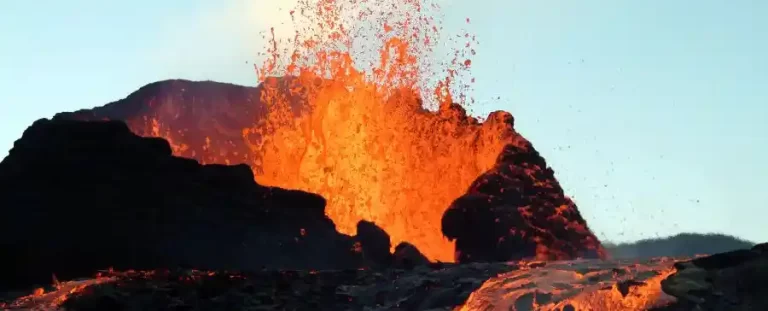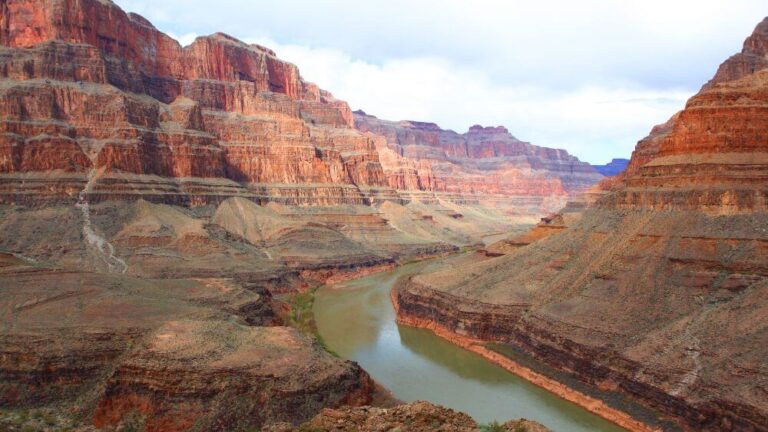Mixtures and Solutions: What’s the Difference?
What do you think of when you think of chemistry and physics? If it’s E = mc2 and 6.022×10^23 … you are way ahead. In elementary school science, we start with basic concepts that have already captured the minds of young learners. One of those concepts is the difference between mixtures and solutions. Children are…

